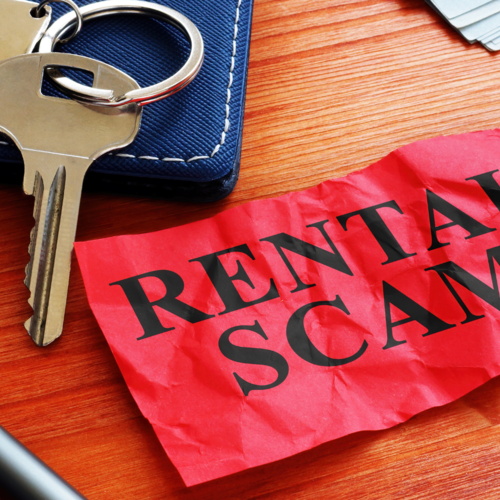Everyone likes roads, parks, streetlights, and a sewer system that extends all the way to their neighborhood. These amenities are useful and important for a safe and functional community. What everyone may not agree on is how to pay for these things.
Years ago, the Supreme Court ruled that local governments could no longer force someone to give up part of their property or to contribute to government projects unless their property directly impacted that project. That is, local governments couldn’t require developers to put in a new park on the other side of town or pay for citywide streetlights as a prerequisite for a permit to build a new subdivision. This didn’t put a crimp in government revenues for long.
Local governments have never met a revenue source they didn’t like. After the Supreme Court ruling, local governments began charging impact fees. Recently, an individual in Placerville, California, put a manufactured home on his lot and was assessed a permit fee of almost $25,000. He paid what he considered to be an exorbitant fee and then promptly sued the county to get it back. This has made its way to the Supreme Court, which will rule on the case this summer.
In my opinion, it is not reasonable to saddle one individual or one development project with the cost of providing essential services over a large geographic area, especially when that area isn’t directly impacted by the individual or developer. Why should a developer providing housing for five families have to put in a park that will serve 50 families?
Costs should be borne by those who directly benefit from them whenever possible. Streetlights should be funded by taxes on a lighting district where the streetlights illuminate the roads. When the developer is done, the developer should pay for streetlights for the new subdivision. New roads that serve the community should be paid for by that community as a whole, not by the last person to build a house.
Many times, building fees are so ridiculous that they serve as a disincentive for developers to invest in local projects. The no-growthers are cheering, but remember, if our community is not growing, it’s dying. Communities without adequate housing for competent, qualified leaders and employees will lose out. If we cannot replace locals who retire or move, we cannot regenerate our community’s vibrancy.
About 15 years ago in Mendocino County, the Board of Supervisors passed an inclusionary zoning ordinance that required developers to contribute 25% of finished lots in a subdivision to the county to be used for low-income housing. (Imagine if the county asked for 25% of everything you created!) Many real estate and business professionals spoke out vehemently against this at the time. We said this ordinance was not only unfair to developers, but that it would backfire: developers would simply opt not to build here—no development, no revenue. Lo and behold, that’s what happened.
In June of 2023, county supervisors saw the error of the prior board’s ways and voted unanimously to do away with the inclusionary zone ordinance. County staff explained that it would take a couple of months to research and write a new ordinance. Now, we are well into 2024, and the ordinance is still on the books. When I called and talked to those in the Mendocino County Executive Office, I was told that for the sake of efficiency, they were waiting until they had to update other zoning ordinances to update the inclusionary zoning ordinance, leaving this onerous law in place for who knows how long.
California and Mendocino County have some of the highest construction costs in the nation. The inclusionary zoning ordinance and impact fees for building permits make our housing shortage worse—to say nothing of California Environmental Quality Act lawsuits that block any kind of development while simultaneously running up the developer’s attorney’s fees and adding years of delays to new projects. I am all for protecting the environment, but I am not for frivolous lawsuits, as many of these are.
If you are concerned about the cost and availability of housing, remember that elections are March 5. We have the opportunity to elect a new representative for the California Assembly and several county supervisors (Districts 1, 2, and 4). Let your representatives hear your thoughts.
If you have questions about property management or real estate, please contact me at [email protected] or call (707) 462-4000. If you have an idea for a future column, share it with me and if I use it, I’ll send you a $25 gift certificate to Schat’s Bakery.
Dick Selzer is a real estate broker who has been in the business for more than 45 years. He is the president-elect of NORBAR, but the opinions expressed here are his and do not necessarily represent NORBAR.


